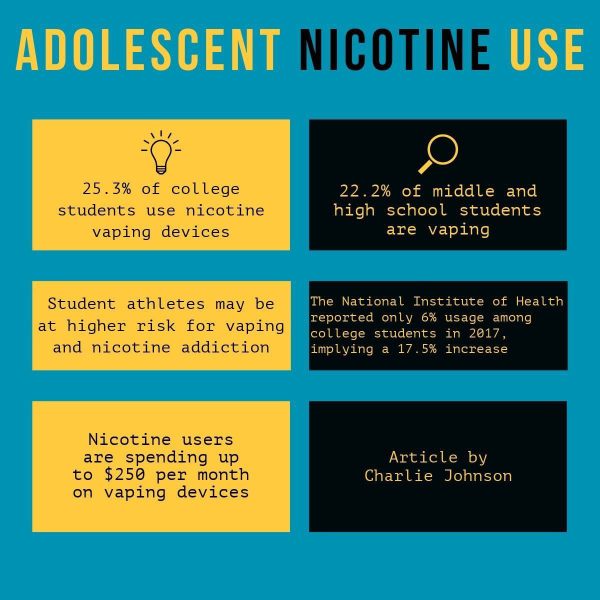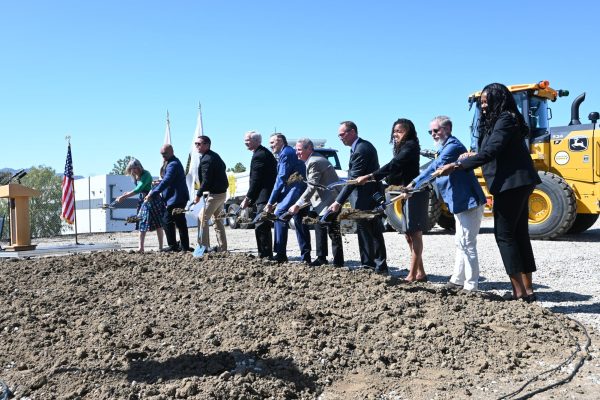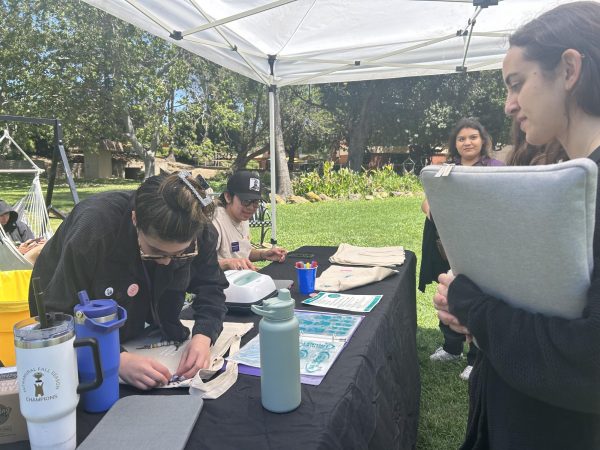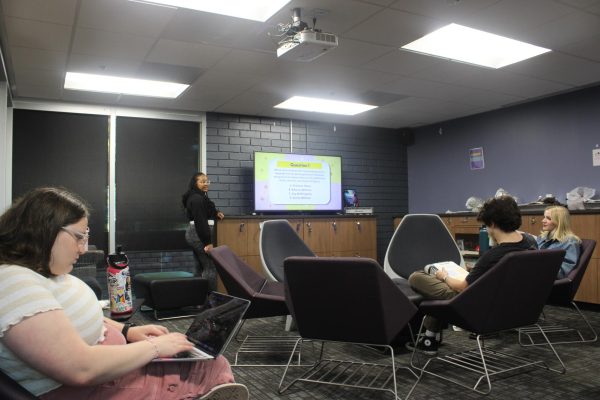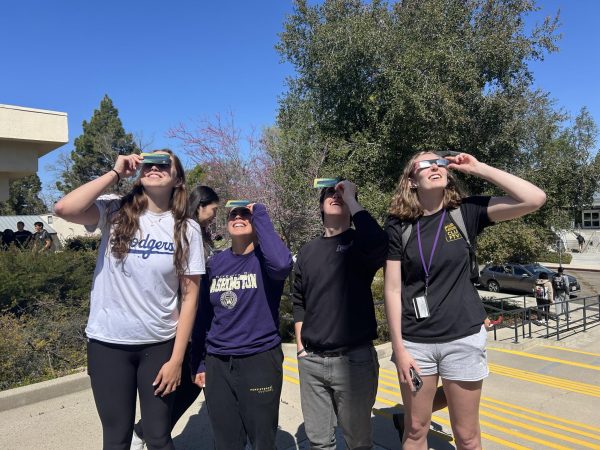Black Maternal Health Panel speaks on healthcare system biases and maternal mortality rates
April 18, 2023
In honor of National Minority Health Month, California Lutheran University hosted a Black Maternal Health Panel in the Lundring Events Center. The discussion included topics such as biases in the healthcare system and statistics about the mortality rates of Black women.
“Race isn’t just microaggression in the office; it goes into all aspects of life, health being one of the major things race affects,” senior Rakaihya Thomas, a scholar from the Community Scholars of Black Lives, said.
Thomas opened the event with a lecture on the disproportionate infant and maternal mortality rates.
Thomas said in the lecture that, statistically, Black women experience more mortality compared to white women. Thomas said that California’s mortality statistics show a ratio of 173 mortalities of rich white women to 437 mortalities of rich Black women and a ratio of 350 mortalities of white women in poverty to 653 mortalities of Black women in poverty.
Thomas said that preeclampsia, maternity deserts, disrespectful treatment, discrimination and harmful practices are some of the most significant points that Black women experience in healthcare.
Before the event, Thomas said that this discussion was to help STEM students be more active in their fields through knowledge of biases in health care.
“I also want to showcase a topic half the population goes through and how scary it is to be Black in these spaces. I hope people can just be more active and compassionate in general,” Thomas said.
During the Q&A after the lecture, an attendee, Aly Manning, asked the panel if they saw change coming for people of color in health care.
“Having a diverse workforce is very important. Understanding the issues, being educated to help people… Information needs to be relevant that the education has to be completed timely,” Director of Nursing at Kaiser Permanente Stephanie Kelley, a speaker at the event, said in response.
Thomas, Kelley and Mary Ann Harrison, speaker and pastor, said during the event that knowledge and education are what healthcare systems need to focus on evolving in order to change the statistics and aid those who need more help than others.
Harrison said she has witnessed this bias in the healthcare system and that these biases can be found in relation to women’s pain tolerance.
“There’s a lot of racism going on, fear, myths and stigmas regarding women and children,” Harrison said.
She said that not all women experience the same pregnancy and that women’s ethnicities, races and nationalities all impact the woman’s pregnancy.
“Studies aren’t comprehensive, there’s a difference in how our bodies are created, how they are affected, the care that is given isn’t fit for everybody, which is why there is such an issue when it comes to maternal health,” Harrison said.
Thomas said she disagrees with the professors in STEM at the university that have said they do not have the time to address Black maternal health or biases in the healthcare system in their courses.
“We have every opportunity to make the world a better space, especially concerning our health, if we just take a moment to address an issue. It doesn’t have to be maternal health, but it can be any topic related to the class because what we learn affects people,” Thomas said.




